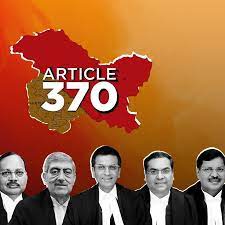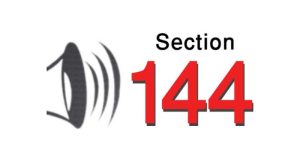
India’s Highest Court to Rule on Controversial Abrogation of Article 370 on 11 Nov
The Supreme Court will deliver on Monday its verdict on petitions challenging the nullification of Article 370 and bifurcation of Jammu and Kashmir into two Union Territories — J&K and Ladakh.
A five-judge Constitution Bench of CJI DY Chandrachud, Justice SK Kaul, Justice Sanjiv Khanna, Justice BR Gavai and Justice Surya Kant had reserved the verdict on September 5 after hearing marathon arguments from the petitioners and the Centre for 16 days.
The top court would decide if the changes made on August 5 and August 6, 2019, which ended the special status of the erstwhile state of Jammu and Kashmir, were constitutionally valid or not.
At the close of arguments, the Bench said if any party to the case wanted to file a brief written submission/note, they could do it.
On behalf of the petitioners, senior advocates Kapil Sibal, Gopal Subramanium, Rajeev Dhavan, Zaffar Shah, Dushyant Dave, Gopal Sankaranarayan and others had assailed the constitutional changes made in August 2019.
The petitioners challenged the abrogation of Article 370 mainly on the ground that it was a political decision which lacked constitutional backing as the procedure provided for in the Constitution, particularly the requirement of recommendation of J&K Constituent Assembly for abrogation of the provision, was not followed. As the J&K Constituent Assembly ceased to exist in 1957, Article 370 became permanent, Sibal had argued.
On behalf of the Centre and some intervenors, Attorney General R Venkataramani, Solicitor General Tushar Mehta, senior advocates Harish Salve, Rakesh Dwivedi, V Giri and others had defended the abrogation of Article 370, terming it a historic move that demolished the barriers in constitutional and emotional integration of Jammu and Kashmir with the rest of India.

